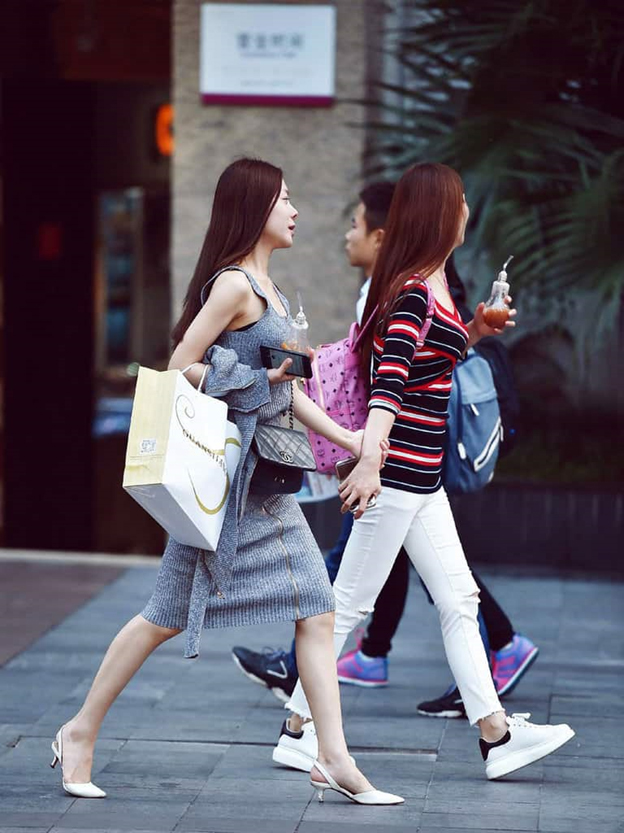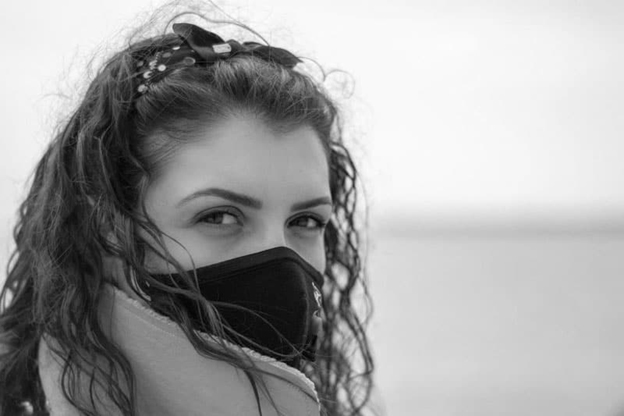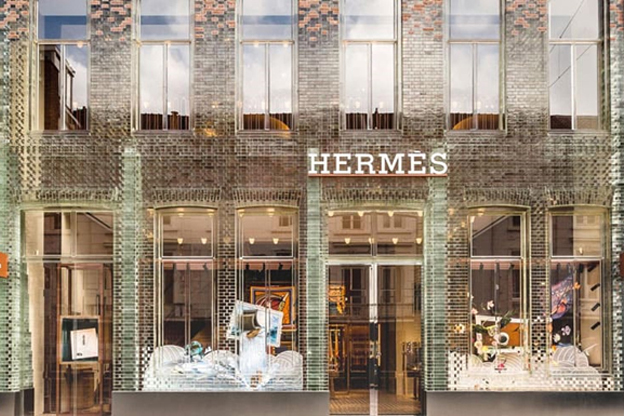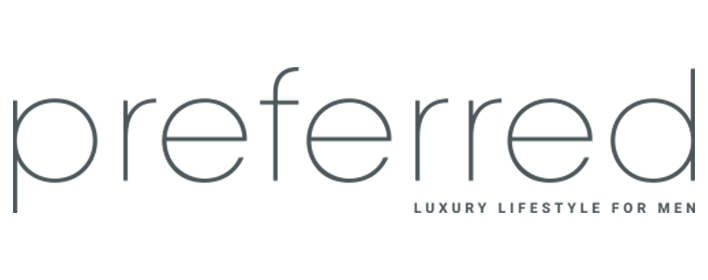Written By Teresa Greco
The Covid-19 Pandemic is far from over. The world remains in the middle of a crisis and the end of this fight seems a far-off fairy tale. Although the number of new infections is continuing to rise around the globe, Canada has seemingly done a fair job of “flattening the curve” which has led to re-opening of restaurants, community facilities, and retail shops. Marketers have begun to speculate how consumer habits will be altered as shoppers begin hitting the shops more frequently and well-known retailers fully open their doors again.

The real question is, has the pandemic altered the average consumer’s spending and shopping habits? Online buying has certainly overtaken the in-store method of purchasing, mainly due to fear of contracting and/or passing on the deadly virus. There is also the fact that many more consumers have been laid off and remain unemployed, thereby leading to less spending happening across the nation and around the globe. This has all prompted fears of an economic crash similar to that experienced during the Great Depression.
Marketing experts are staying positive during these uncertain times, especially when focusing on luxury brands.
“As shutdowns continue, consumers still expect reduced income and expenses. But they report some areas of increased spending and are adopting new brands, channels, and behaviors they say they will keep.” – McKinsey Covid-19 Report
While countries like India and China maintain a certain optimism, other countries like Brazil, the US and most of Western Europe seem to let pessimism take over. People tend to think their revenue will decrease in the foreseeable future and are therefore remaining quite cautious and thrifty.
Based on the behaviours by consumers in countries such as China- a nation that was hit first by the virus, and therefore remain ahead of other nations regarding “opening up” retail shops- certain habits might change but there is a lot of marketing pessimism going on here in North American. People can see the glass half-full or half-empty right? This crisis has put the world on pause mode. Does this mean that once we press the play button again that things will not restart where we left?
According to WWD, the first day that the Hermès boutique in Guangzhou re-opened after several weeks of confinement, customers rushed to the store and basically bought the entire latest collection. In one single day, the Hermès store sold for more than USD 2.5M. This is a record for Hermès and for any store in China. Call it revenge shopping or confinement frustration, customers just want to get back to their own lives
Additionally, China has almost retrieved exactly the level of sales in the same period last year. It shows that not only households are determined to get back to “normal” but that they are acting on frustrations created by months of confinement. Consumers are expected to spend more on certain items like food, healthcare, and other personal-care items at a time like This being said, the key to luxury brands’ success will be to provide a very solid supply chain in order to bring availability and flexibility to customers. “A product that you cannot find, is a product you will not buy” – José Amorim, Chief Editor LuxuryActivist.com
Ecommerce is for sure an option for luxury brands but in case a brand, especially in the luxury sector, is not open to becoming a convenience, it will need to ensure that the supply chain is strong in order to keep up with activity. Consumers can easily change habits and “a product that you cannot find is a product that you will not buy.”


Since the opening of Hermes, however, the world has witnessed new waves of the virus in China and other nations. The U.S. has experienced a massive spike in their number of cases and the push to re-open the economy does seem a slight bit premature, given the results. Therefore, perhaps the best option for Canadian consumers, is to act with caution and stick to the safest form of shopping- online, from the safety of your own home. The brands we all love can still gain support and necessary funds to remain strongholds in society.
Luxury brands have operated with extreme precautions during this Covid-19 period. Most of them dramatically reduced their advertising and adapted their communications in order to avoid any bad move that would lead to potential collapse. It is clear that this crisis will accelerate consolidation. Each industry will have their winners and losers, therefore opportunity for external growth might help companies to begin to acquire their competitors or to grow vertically.
Luxury brands with a strong international appeal do have an advantage when compared to other sectors such as automobiles, food, or design that might be more regionalized. Virus or not, let’s not forget that the world was already facing pretty big challenges. Luxury brands will have a tremendous role to play here. While fast fashion has been devastating half of the planet, luxury brands need now to face a certain responsibility. Wise consumers expect brands to be responsible and to deploy sustainable production frameworks. People understand that their power is their wallet and how they invest their money. Therefore they will choose brands wisely. Luxury brands have a tremendous advantage because they offer: Products that last; Products that often can be repaired; Respectful and more local craftsmanship; Global appeal.
Beyond the situation of Covid-19, Luxury brands have a great opportunity to establish a new business model- one that is more responsible, more sustainable and at the end more appealing to consumers of the future.
